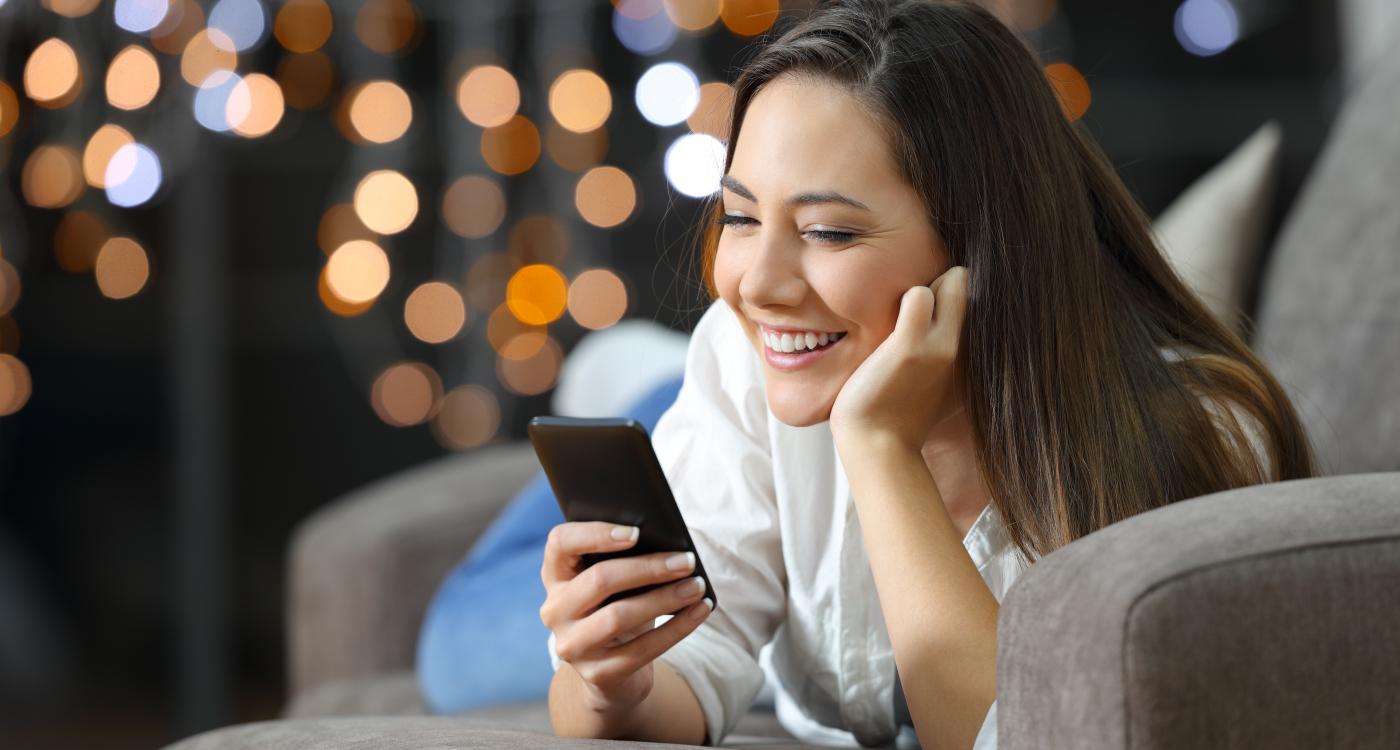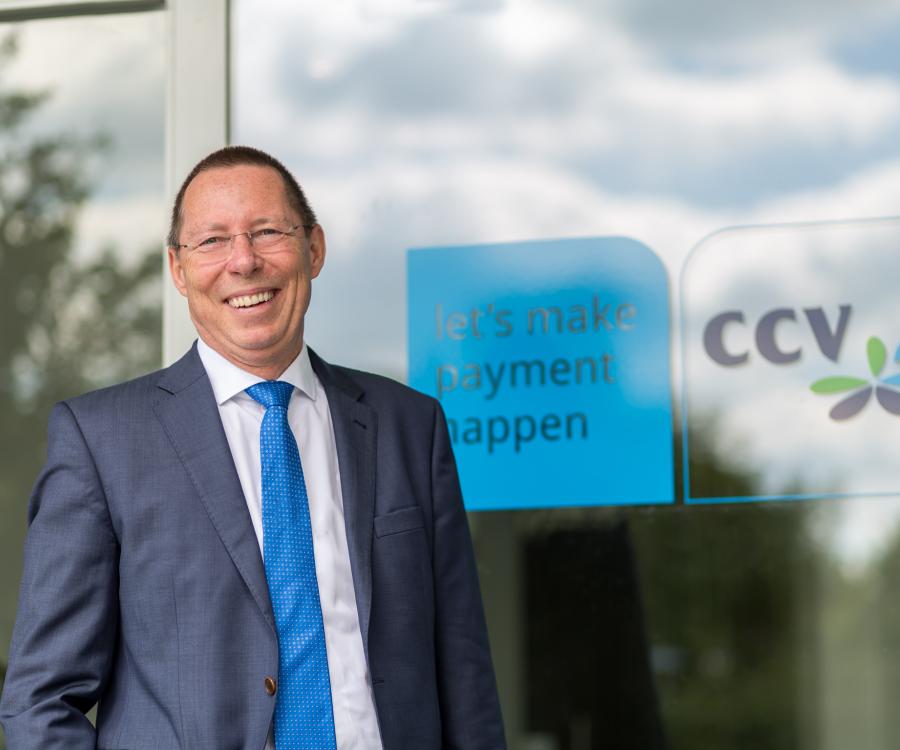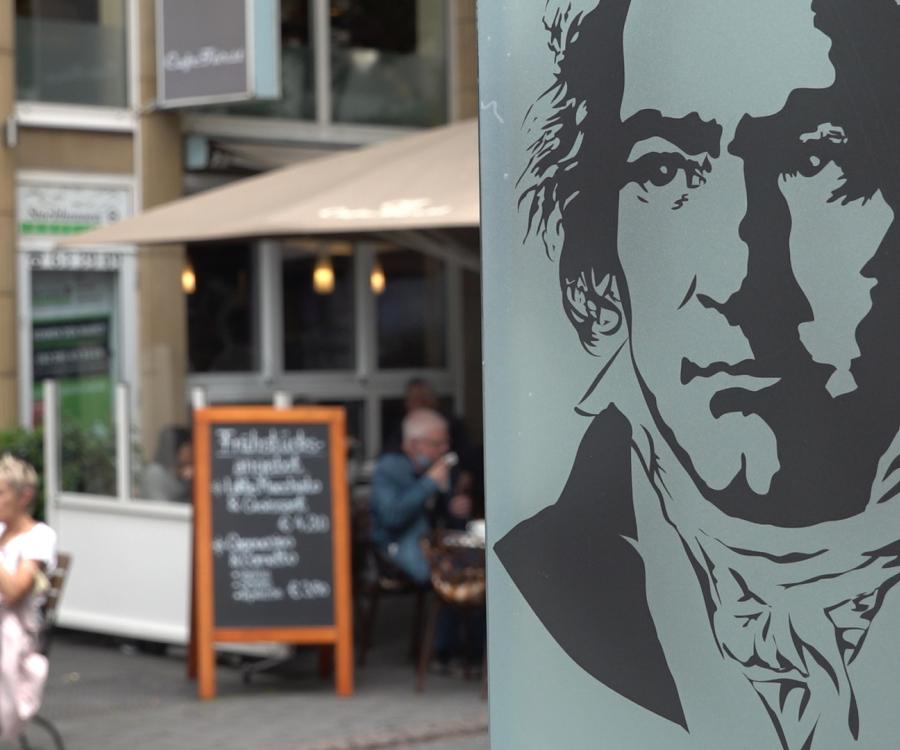Many retailers have had to close their shops due to the Corona crisis. But this does not mean that as a result the connection to the customer has to suffer. The WirVonHier project shows how to reach customers and moreover connect with their needs and is a result of the #wirvsvirus Hackathons of the German government.
The task was to figure out how local retailers, that still have no online presence and therefore fear a complete loss of sales, can be discovered and contacted by customers to maintain their business without contact. The search was therefore on for a solution that provides contact to the customer and, at the same time, reflects the product portfolio of a local retailer. The challenge was to present a prototype including a video within 48 hours.
A total of 24 developers, designers, and marketeers took on this task and with success. The result is an app called WirVonHier, which links customers and dealers online through a single swipe.
"Strolling online on your couch"
Moritz Wesseler, one of the initiators, explains how it works: "Strictly speaking, there are two user groups – the retailer and the end customer. Retailers present their store and selected products to the customer via the app either by filming these or themselves or having these and themselves filmed during the presentation. Then there is the end customer, who can swipe through the content of local retailers and, given an interesting product, connect directly with the retailer in question, a so-called "match".
The contact itself is established through various channels. Facebook, WhatsApp, or Instagram can be linked or an email address, phone number, or FaceTime ID can be left. This means that it is still possible to get information from the retailer just without physical contact. In addition, the selection of retailers can be limited locally so that the customer only receives offers from the immediate vicinity.
According to Wesseler, getting retailers on board is designed as intuitively as possible. Best practice examples as well as simple tutorials are given to explain how to produce good and interesting content with simple means and without a lot of know-how.
Once the customer has had a chance to connect with the retailer, the customer can order or reserve items directly, depending on whether the retailer offers delivery or pick-up. Existing structures and networks are maintained.
The direct, personal contact to the customer counts
Wesseler continues: "Customers still want to be able to shop in all areas. With WirVonHier, we create a shopping experience with a personal connection. Instead of anonymous online shopping, the idea is for the customer to find out who is behind the store. At the same time, the customer wants to do something good from home and support their neighborhood, especially in the current climate. Everyone should have the opportunity to enjoy discovering nearby shops and to shop from their sofa
This also distinguishes the intermediary platform decisively from voucher platforms, which only postpone the loss of sales for retailers. Via the app, retailers can continue to generate sales, not just once, but on a recurring basis.
What's next?
The team was able to create a prototype of the app in a remarkably short time. From the idea to the programming right up to the business plan, only five days were needed – sleepless nights included. We would like to see this extraordinary innovative power and motivation more often in the industry.
According to Wesseler, the next step is for the basic version of the app to go live. The go-live is planned for the beginning of week 15 at the start of next week. Subsequently, the profiles of the retailers will be expanded, and the app will be broadened to include additional self-services. And it can already be said that the solution will still be relevant after the Corona crisis and support small and local shops in their first step into the digital world.










